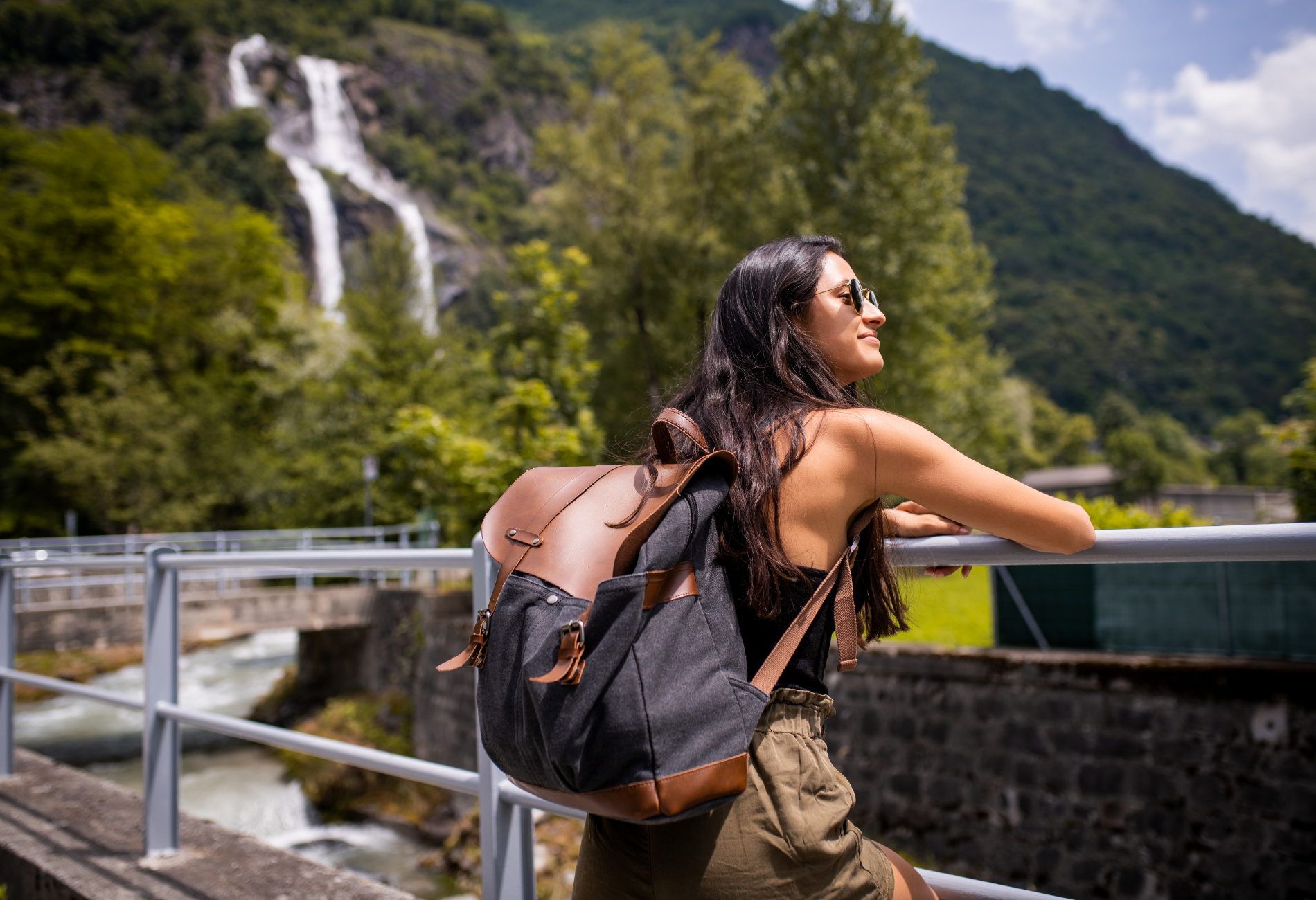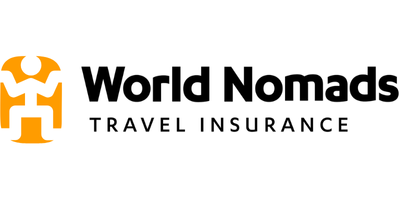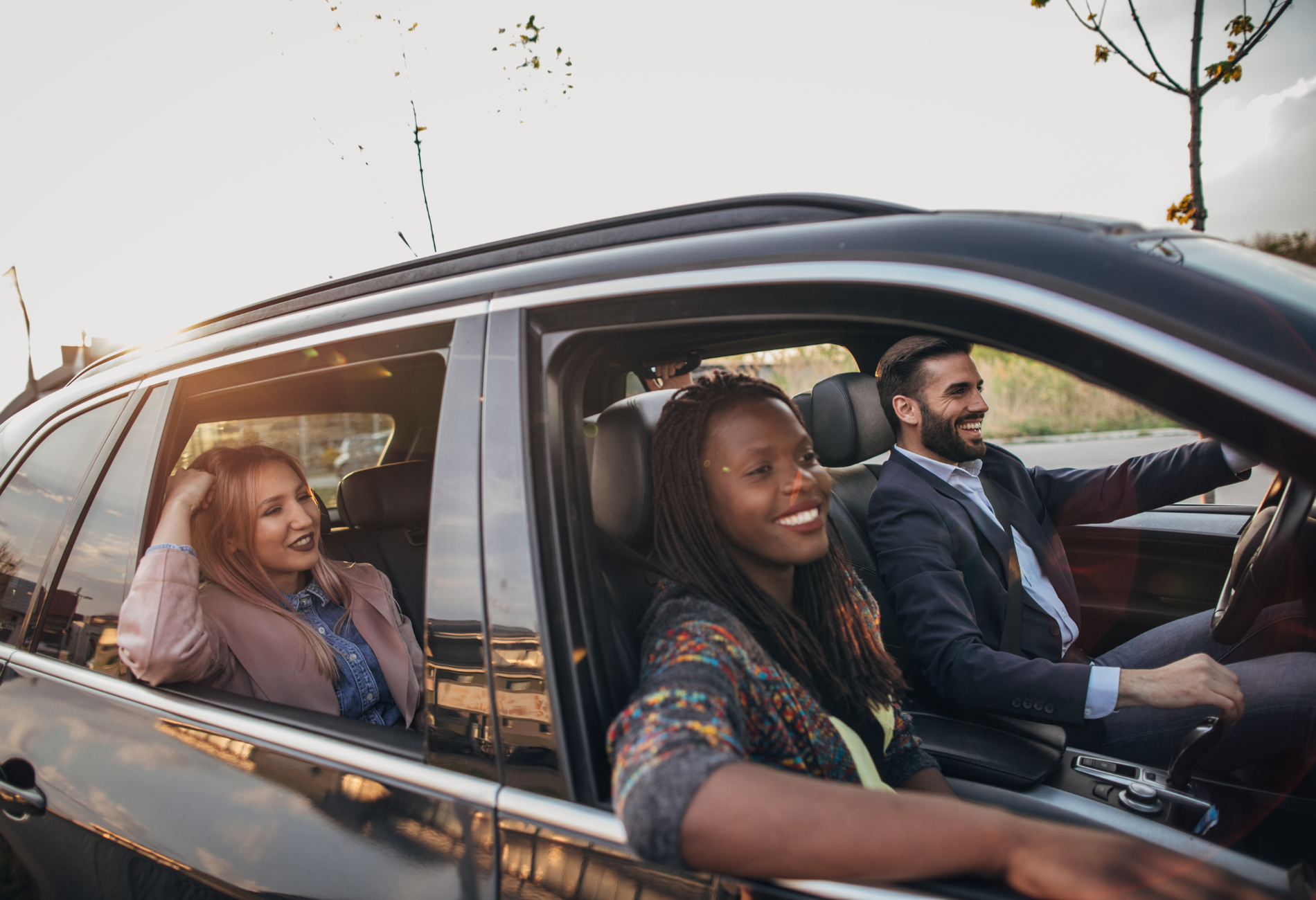Overview
According to a 2024 report by the Woman Traveler, more than 64% of today’s travelers are women, of whom a significant number are solo travelers. Solo female travel may be on the rise, but many women travelers still cite safety as their top concern—so how do you explore independently, while staying safe?
I’ve been traveling solo for well over a decade and have never looked back. My insecurities, would I meet friends, get lost, feel lonely, are distant memories. I have traveled solo to Colombia, India, South Africa, Morocco, and dozens more countries. I’ve found some of my favorite hobbies and met some of my closest friends during these independent trips—and I couldn’t recommend it enough to other women.
I get endless questions from skeptics about my safety, even in places where I have spent extensive time. The biggest piece of advice I can extend is to book that flight and embrace the freedom of your solo adventure, but remember to stay safe. From destination knowledge to being equipped technologically, these nine tips can help you set sail confidently on your next solo trip abroad.
World Nomads
World Nomads has been protecting adventurous and independent travelers with travel insurance coverage for more than 20 years.
Our quick take
They offer four budget-friendly travel protection plans for U.S. residents, designed to fit a variety of traveler needs and trip styles. Whether you’re traveling solo, as a couple, or with family (up to nine people), there’s a plan for you. Each option includes key benefits like trip cancellation, emergency medical coverage, baggage protection, and 24/7 non-insurance emergency assistance.
Key features
Covers 250+ adventure sports and activities
Offers Optional Cancel for Any Reason cover
Annual and Single-trip plans offered
Includes non-insurance perks like pre-trip health consultations & lost airline luggage retrieval services
Getting a quote is quick and easy
Tip 1: Research your destination thoroughly
No matter how experienced you are, each destination comes with its own set of customs and expectations—whether it’s dress codes, tipping etiquette, local transportation, or how to get a SIM card. Taking time to research the basics before you go can help you arrive better prepared, with a clearer idea of what to expect and how to navigate your surroundings respectfully and safely.
It’s also wise to check for political or environmental instabilities by reviewing current events and travel advisories from sources like the US Department of State and the UK FCDO. These alerts don’t always mean you shouldn’t go, but they do flag areas or situations to be aware of. To round out your research, connect with experienced travelers through online communities like Solo Traveler, Girls Who Travel, and the Solo Female Traveler Network for personal insights and destination-specific tips.
Tip 2: Get bundled travel insurance
Purchasing travel insurance is one of the best investments you can make for your trip. You never know what can happen: missed planes, delayed trains, food poisoning, road accidents, natural disasters. While you never anticipate the worst happening, it’s always best to prepare for it so you can travel with peace of mind.
World Nomads offers four plan options for US residents. The specific plan you purchase will depend on where you’re traveling, how much your trip costs and the activities you plan to do. Once you have a rough idea of your itinerary and the adventures you plan on taking, it’s time to consider purchasing a plan. Look for bundled coverage that includes emergency medical, emergency evacuation, trip cancellation, and baggage coverage.
Tip 3: Share your itinerary with someone you trust
Jet setting solo is exciting—but it’s also important to let someone else know where you’ll be. If something happens, this person can assist in locating you in the event of an emergency. This can be as informal as creating a note on your phone and sharing it with a couple of close friends and/or family members.
Consider using apps that allow real-time location sharing such as Find My iPhone and Life360. If you are caught in an emergency situation, your trusted contact can get you to help more easily. Even if you don’t share your location all the time, it can be smart to do it on specific occasions when you might be particularly vulnerable, such as going on a solo trek or on a night out by yourself.
Tip 4: Blend in with the locals
In many destinations, you won’t fully blend in—and that’s okay. But making an effort to dress in a culturally appropriate way shows respect and can help you feel more at ease. Embrace local styles when possible, and in more conservative areas, such as many Islamic countries, modest dress is expected: cover your shoulders and knees, opt for loose-fitting clothing, and carry a light scarf for extra coverage.
Beyond how you dress, learning a few basic phrases in the local language can go a long way. It shows curiosity and respect, helps build connections, and can be especially useful if you need help or directions. These small efforts make a big difference in how you’re received—and how confidently you navigate your journey.
Tip 5: Trust your instincts and set boundaries
There’s no exact guidebook for navigating the real world of solo travel. Listen to your intuition. If a situation or a person feels off, trust that instinct. When we travel, we are eager to meet new people and go on spontaneous adventures—but it’s also okay to say no. I sometimes feel guilty or rude when a man I meet at a café invites me to an event or to a meal, but learning from lessons past, I would rather not find myself in an uncomfortable or compromising situation.
On the other hand, I’m much more likely to say yes when a woman or family invites me somewhere. Connecting with friends of friends in a new city or country is another great way to connect with locals and know they’re coming from a trusted mutual friend.
Tip 6: Be smart about technology
While technology can sometimes pull us out of the moment, it’s also one of the best tools for solo travelers. A smartphone puts everything you need in one place—digital copies of your passport, hotel reservations, maps, and emergency contacts. One of the first things to do upon arrival is to get connected, either with a local SIM or an e-SIM downloaded in advance, which can make navigating from the airport much easier. For longer stays, local plans often offer the best value.
It’s also wise to plan for limited connectivity. Download offline maps, save emergency contacts, and install local rideshare apps—many countries use alternatives to Uber. Keep key phone numbers on hand, like your accommodation or nearby hospitals, in case of emergency. And don’t forget a power bank, so your lifeline to all these tools stays charged throughout your trip.
Tip 7: Keep emergency essentials handy
Even a small setback, like a lost or stolen passport, can quickly derail your trip. Keeping hard copies of important documents, such as your passport, visa, insurance details, and emergency contacts, can be a lifesaver if your phone is lost or stolen. While digital backups are useful, don’t rely on technology alone, a physical backup offers peace of mind.
It’s also smart to manage your money and cards carefully. Never carry all your cash or credit cards at once. Instead, take only what you need for the day and store the rest securely at your accommodation, if possible.
Tip 8: Be smart about going out at night and partying
Places that feel safe during the day can feel very different at night. Before heading out after dark, read up on other travelers’ experiences and stick to well-lit, populated areas. If you’re venturing out solo, let someone know your plans, carry a charged phone, and bring only what you need—some cash, one card, and a backup charger.
The same caution applies when partying or going to clubs and festivals alone. You don’t have to skip the fun but stay aware and in control—consider staying sober so you can better assess situations. Be cautious about accepting drinks from strangers and never leave your drink unattended to avoid the risk of spiking. It’s okay to meet new friends on the dance floor but also remember to use your best judgment.
Tip 9: Don’t be afraid to get lost and learn to go with the flow
We are often so worried about preventing things from going wrong that we plan out every detail. But getting lost and having hiccups along the way are part of the adventure. A wrong turn may bring you to an unexpected restaurant or cool festival.
Wrong turns also help us grow, teaching us how to navigate both the good and bad of traveling. From cyclones to motorcycle accidents, I’ve weathered my fair share of storms on the road. Each of these incidents has made me a more resourceful and confident traveler and has taught me to let go of expectations, accept the unexpected, and go with the flow.
The point
Solo travel as a woman can be both empowering and intimidating. While you can’t predict every mishap, taking a few smart precautions can help you explore with confidence. Researching your destination helps you understand local customs and potential challenges, while essentials like travel insurance and a local SIM card give you tools to stay connected and protected.
Awareness is key. Stay mindful of your surroundings, limit alcohol, and keep up with local news that might affect your plans. Solo travel can open the door to a more confident, adventurous version of yourself. Embrace the experience… Just do it wisely.
World Nomads
World Nomads has been protecting adventurous and independent travelers with travel insurance coverage for more than 20 years.
Our quick take
They offer four budget-friendly travel protection plans for U.S. residents, designed to fit a variety of traveler needs and trip styles. Whether you’re traveling solo, as a couple, or with family (up to nine people), there’s a plan for you. Each option includes key benefits like trip cancellation, emergency medical coverage, baggage protection, and 24/7 non-insurance emergency assistance.
Key features
Covers 250+ adventure sports and activities
Offers Optional Cancel for Any Reason cover
Annual and Single-trip plans offered
Includes non-insurance perks like pre-trip health consultations & lost airline luggage retrieval services
Getting a quote is quick and easy










 by your friends at The Daily Navigator
by your friends at The Daily Navigator



